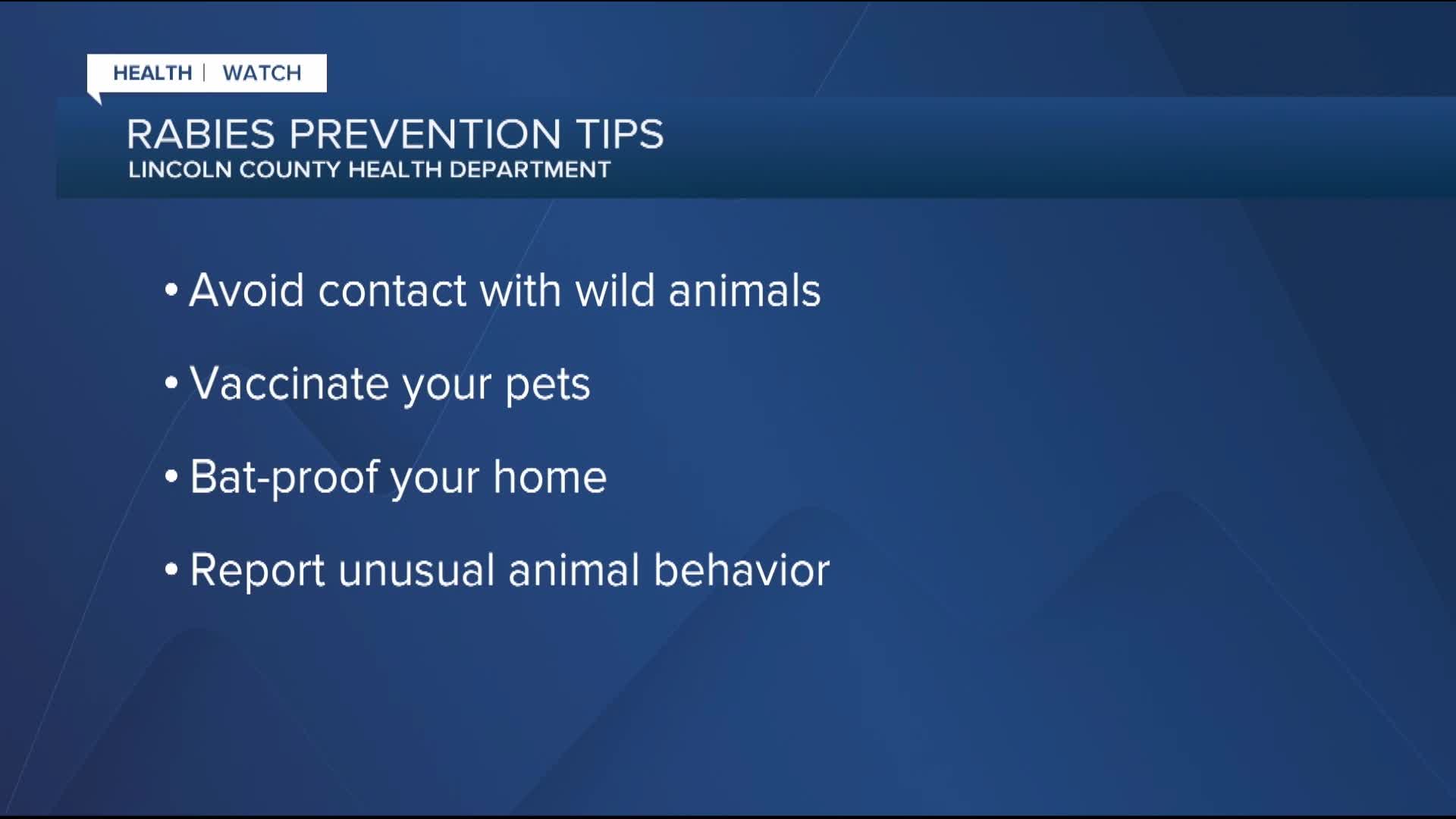LIBBY — Lincoln County health officials have confirmed the first bat of 2025 to test positive for rabies.
Rabies is a fatal disease caused by a virus carried in the saliva of infected warm-blooded mammals, typically transmitted through bites.
Health officials note that when symptoms appear, rabies is almost always fatal, so quick, preventive treatment is critical for anyone who may have been exposed to rabies.
“People can be exposed to a bat and not even realize it,” said Lincoln County Health Department Disease Intervention Specialist Sarah Long. “If a bat has physical contact with a person or is found in an area where contact might have occurred...it should be tested for rabies whenever possible.”
Anyone who thinks they may have had contact with a bat should call LCHD immediately to discuss possible exposure.
If bitten by a domestic cat, dog, or ferret, the animal can usually be observed for 10 days to determine if rabies is present, often avoiding the need for treatment. However, if an animal cannot be located, observed, or tested, a series of rabies prevention shots may be required.
Rabies Prevention Tips from LCHD:
- Avoid contact with wild animals, especially bats. Teach children never to touch wild animals—even dead ones—and to report any bat sightings to an adult.
- Prevent domestic animal bites. Teach children not to approach unknown animals and to ask before petting someone’s pet. Avoid attempting to handle or rescue sick or injured wild or feral animals.
- Vaccinate pets. All dogs and cats should have up-to-date rabies vaccinations. Cats are especially at risk due to their higher contact with wildlife.
- Bat-proof your home. Keep bats out by installing screens on windows, doors, and chimneys. Cover outside entry points with clear plastic sheeting or bird netting to prevent roosting.
- Report abnormal animal behavior. Wild animals are typically wary of humans. Seeing bats or skunks during the day, or any animal acting unusually, should be reported to local law enforcement.





